The Indian government is contemplating a significant electoral reform as it considers adopting the "one country, one vote" policy, as reported by The Economic Times on Friday. The proposal, which has garnered support from the Special Committee on Elections, aims to streamline the voting process and enhance efficiency in the democratic process.
Led by former President Ramnath Kovind, the Central Committee has presented a comprehensive report outlining the implementation of the policy. The report, submitted to incumbent Draupadi Murmu on Thursday, suggests the amalgamation of votes from all states and Lok Sabha constituencies in India.
If approved, the policy could potentially be implemented as early as the next Lok Sabha elections in 2029. The committee includes key figures such as Union Home Minister Amit Shah, Congress leader Adhir Ranjan Chowdhury, and former opposition leader Ghulam Nabi Azad, all of whom have expressed support for the initiative.
The proposed reform aims to address various issues, including the rising costs associated with conducting separate elections, promoting development initiatives, and minimizing disruptions to citizens' daily lives. Proponents argue that holding Lok Sabha and Vidhan Sabha elections simultaneously would lead to greater efficiency and cohesion in the electoral process.
The "one country, one vote" policy marks a significant step towards electoral reform in India and underscores the government's commitment to enhancing democratic principles. As discussions continue, stakeholders are closely monitoring developments to gauge the potential impact of this proposed reform on the nation's electoral landscape.



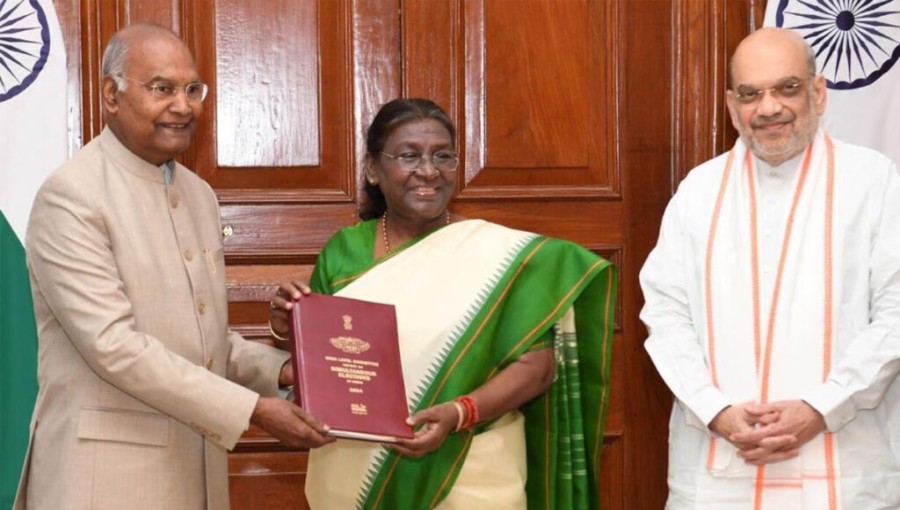
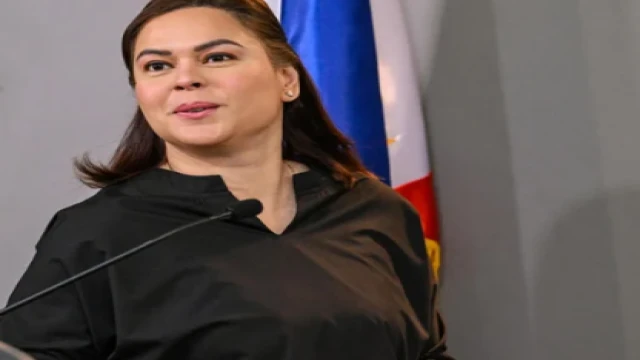

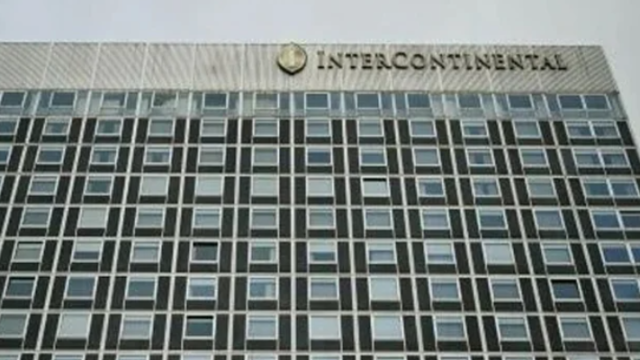


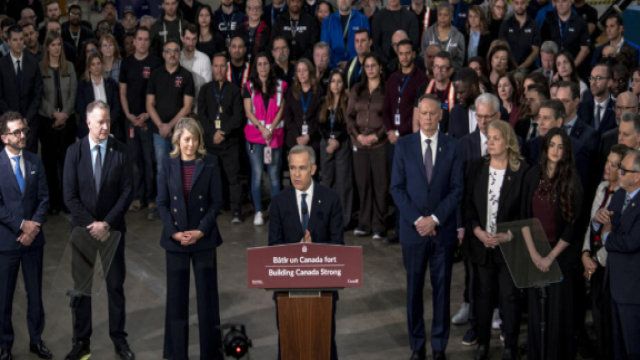

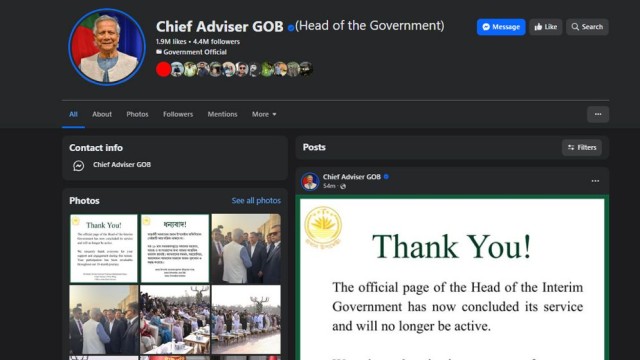
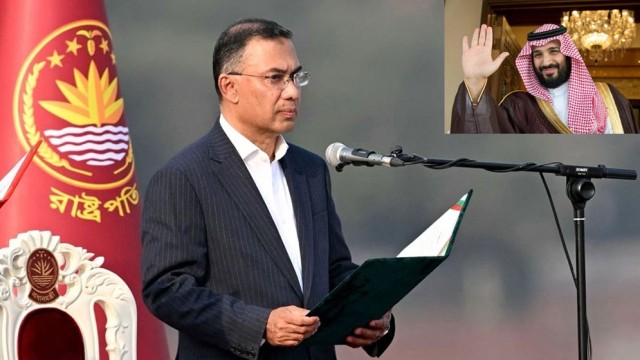
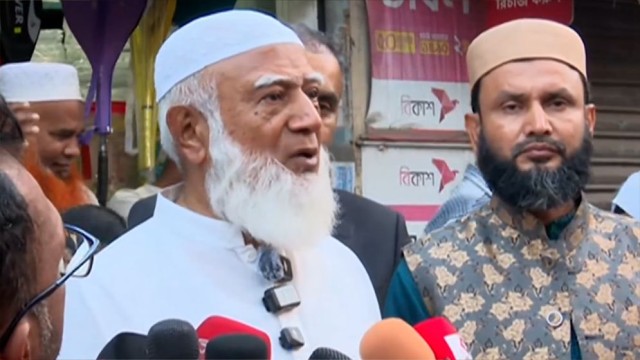
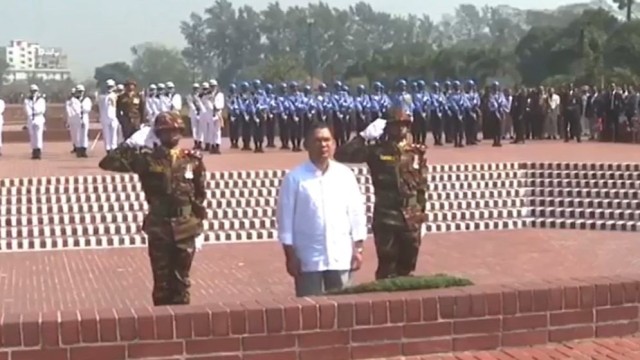
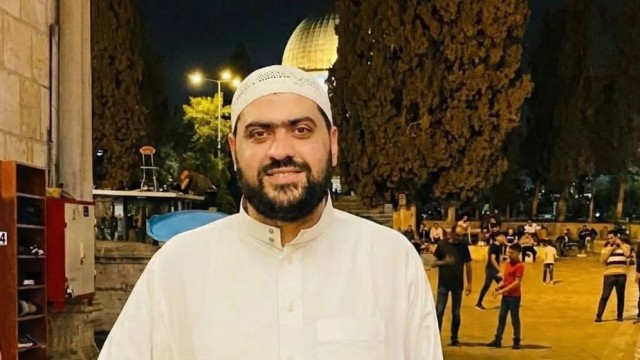
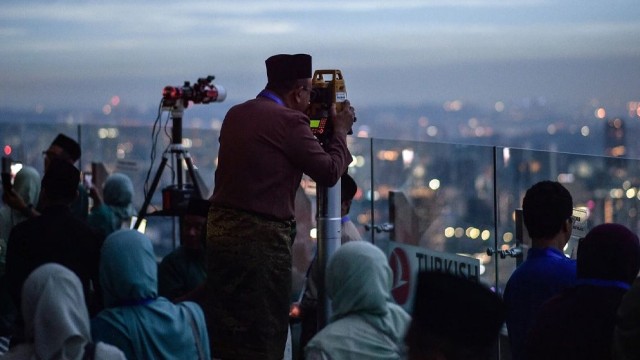












Comment: